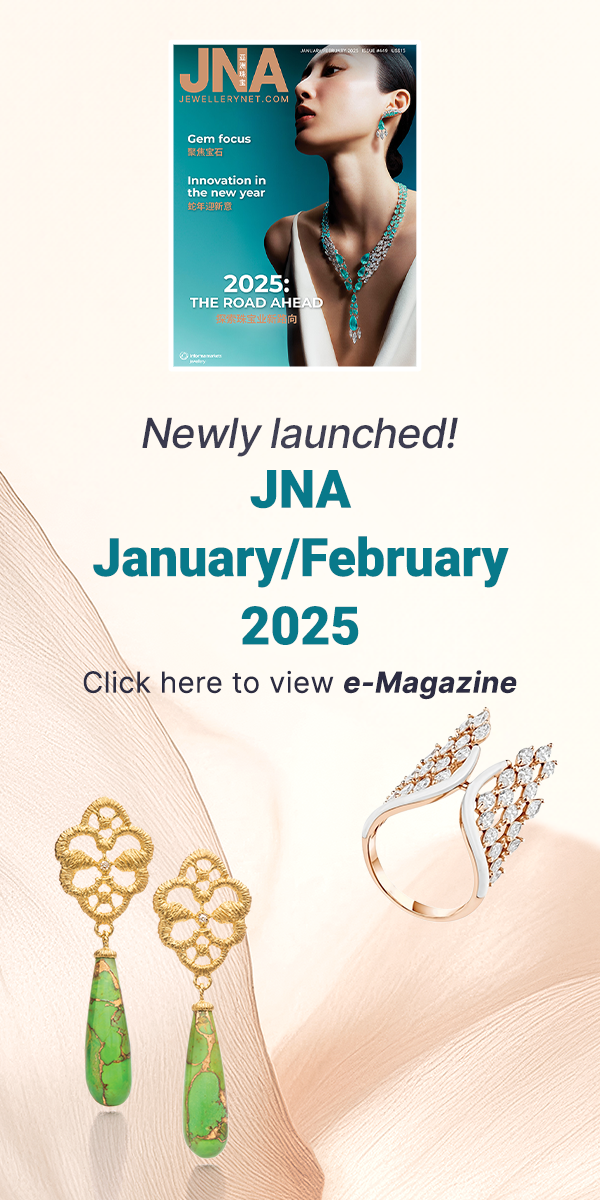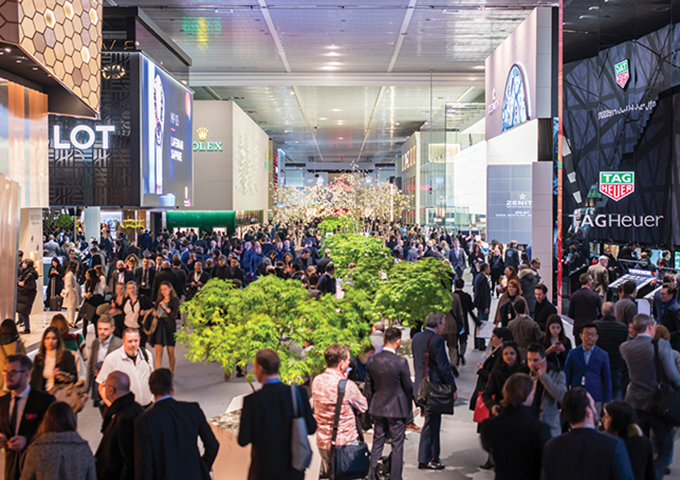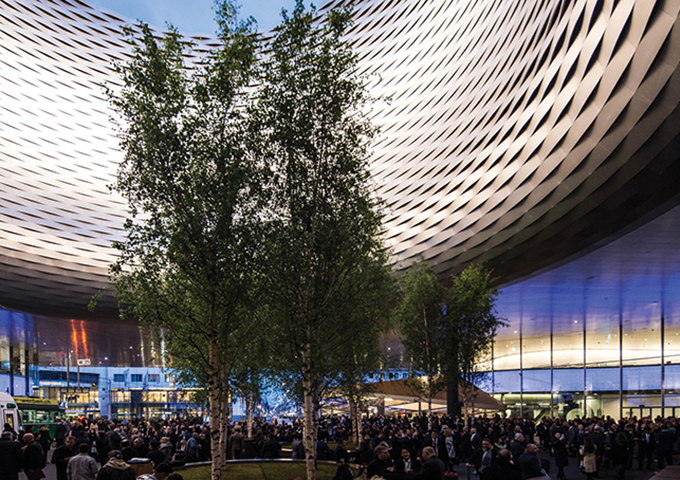This year’s edition of Baselworld, albeit smaller with fewer exhibitors and buyers, retained its allure as an international business platform, according to some watchmakers and jewellers. The global industry now awaits changes in the show that are taking place in 2020 moving forward.
A generally optimistic mood prevailed at Baselworld 2019, with exhibitors saying a more compact show attracted quality buyers and helped raise the profile of individual watch and jewellery manufacturers.
The show, which ran from March 21 to 26, featured 520 exhibitors, down 20 percent from around 650 last year. Visitor numbers meanwhile reached 81,200, representing a drop of 22 percent from 2018.
Patrick Aeschbacher of Swiss fine jewellery maker Frieden said what Baselworld lacked in foot traffic was compensated for by the type of buyers at the show.
“There were fewer people this time but the quality of customers was excellent and very international. We’ve had a great deal of international contacts,” revealed Aeschbacher. “That’s what the fair is about – finding new clients. We also met our traditional customers. This show was positive for us.”
May Presiuzo of Swiss watchmaker Antoine Presiuzo meanwhile highlighted the emerging role of Baselworld as a platform for independent watchmakers and brands to touch base with global clients.
The company mainly sells to Japan, Hong Kong and Singapore but is planning to enter the US market.
Dennis Chung of US-based Sutra Jewels reiterated these sentiments, saying that the quality of both buyers and exhibitors had improved. Business was brisk and the company entertained buyers from the US, Europe, the Middle East and a bit of Asia.
Baselworld, however, needs to retain its prestige as a premier watch and jewellery show even with fewer exhibitors, noted Chung, adding that the industry is eagerly waiting for the fair’s transformation in 2020.
Markus Paul Wild of coloured gemstone expert Paul Wild, meanwhile, cited the need for a bigger show onwards.
“We need to see an increase in the number of exhibitors. The current number may not be enough to inspire people in the future,” noted Wild. “But we remain optimistic; the show will grow again if the management makes the right decision. They just need time to regain exhibitors’ confidence.”
Wild also observed that there were fewer Asian buyers this year compared to previous editions. Clients from the US and Europe however were quite active at the show, he added.
He also commended the decision to hold Baselworld 2020 on April 30 to May 5, right after the Salon International de la Haute Horlogerie in Geneva, to give the industry respite during the peak trade show season.
Michel Loris-Melikoff, managing director of Baselworld, said massive plans are underway to enhance the show’s future editions beginning 2020.
Next year’s version will feature innovations such as new event and experience zones. These include a Retailer Summit, CEO Talks, a Virtual Reality Zone and an Innovation Square. Gemstone exhibitors will also be moved to Hall 2 while an area will be dedicated to smartwatches and wearables.
The fair also has a new tagline – Baselworld: The Watch and Jewellery Community – which signals the direction it is taking. The show, Loris-Melikoff said, is not just a watchmaking platform but also a place of business for jewellery, loose stones and other related industries.
Swatch Group announced its exit from Baselworld early last year, saying watch fairs no longer make sense amid a more modern, fast-paced environment. It also called for the need for traditional fairs to modernise.
Commenting on the proposed changes, Loris-Melikoff said, “This vision stands for what the industry is looking for. The feedback was positive.” He added that some brands that were not present in 2019 but with whom the management has been in discussions have promised to return in 2020.








